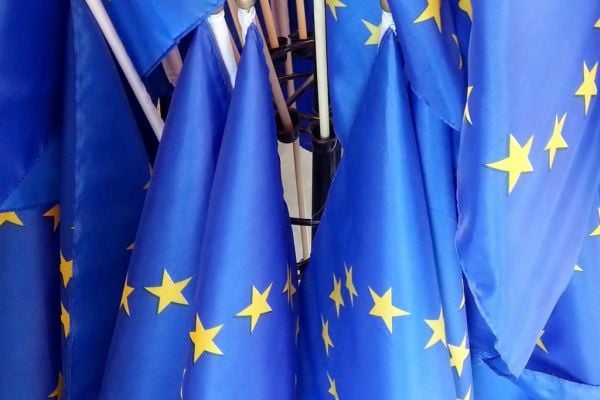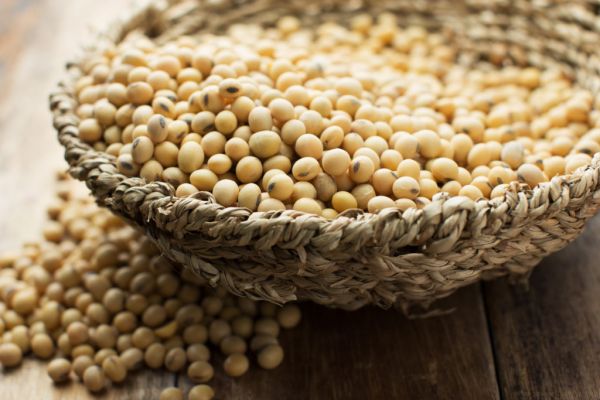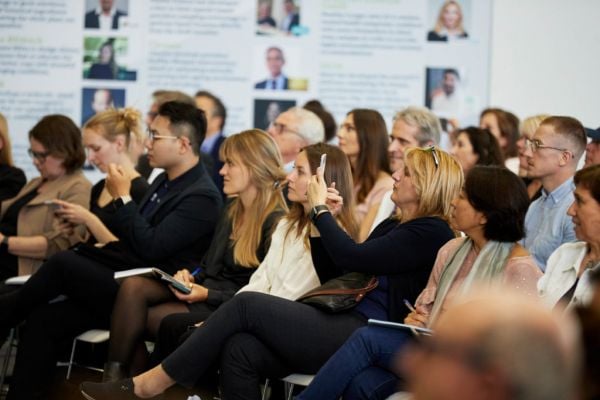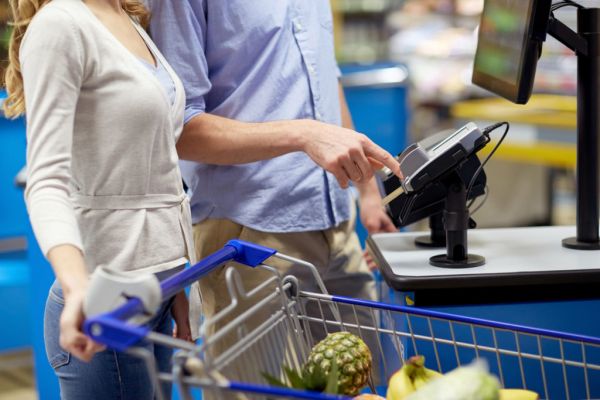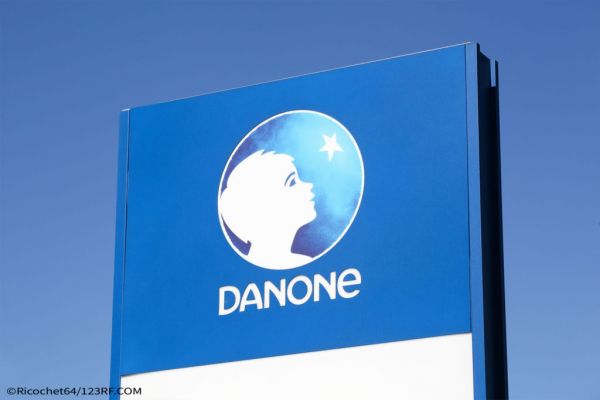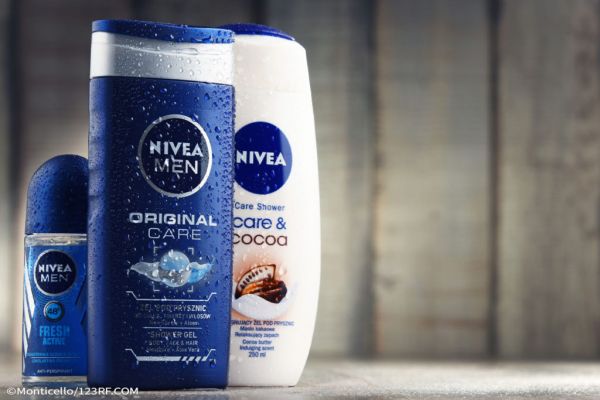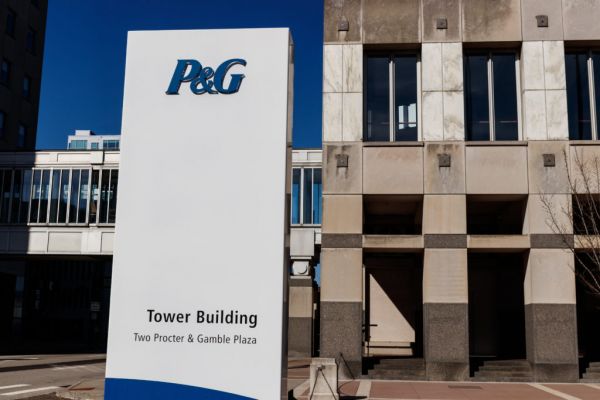India’s government is seeking help from an unlikely partner to improve the diets of millions of its hungriest children: PepsiCo Inc., the world’s largest snack-maker.
The nation’s three-month-old government asked PepsiCo to develop nutritious processed foods to be included in school lunches around the country, food-processing minister Harsimrat Kaur Badal said after a meeting with PepsiCo chief executive officer Indra Nooyi.
The pitch to the snack-food-maker’s Indian-born CEO comes as Prime Minister Narendra Modi has pledged to attract more foreign investment, restore economic growth, and revive stalled projects to boost investor confidence. The government’s Midday Meals programme feeds more than 107 million children each day, though widespread corruption and lack of oversight have led to dozens of deaths in recent years.
“I suggested to them to research and develop products which will be healthy and will also contain proteins,” Badal told reporters in New Delhi, following her meeting with Nooyi. “As people are becoming busy, the children will be immensely benefitted if such products are launched.”
Children in government-run schools in India get lunches that comprise a combination of rice, bread, lentils, vegetables and eggs, cooked according to local custom. The government gives grain and money to local women’s groups to cook the hot meals.
The government has allocated about 132 billion rupees ($2.2 billion) to fund the programme in the current fiscal year, through March 2015.
Food Safety
The biggest failing of the programme has been food safety, as widespread corruption and a disregard for hygiene protocols have led to cases of food poisoning, including one incident last year in which 23 children in north India died after eating a meal laced with an insecticide.
“Safety is a problem in some places, and that can be fixed with proper oversight at the local level,” Vandana Prasad, national convenor of the non-profit Public Health Resource Network, said in an interview.
“No respectable dietician or nutritionist will recommend processed foods over freshly cooked meals,” said Prasad, a former member of the National Commission for Protection of Child Rights. “The government’s policy is to favour big business for everything, and hope that there will be some public good as a result.”
PepsiCo should partner with India to conduct research into processed food products that can help curb iron deficiency, Badal told Nooyi. In reply, Nooyi said that the company would work to provide products that are “healthy and nutritious”, according to the government statement after the meeting.
Sugar Content
Badal also asked Nooyi to reduce the sugar content of her company’s beverages. PepsiCo is the world’s second-largest soft-drinks maker.
The World Health Organization predicts that about 31 per cent of adult men in India will be overweight by 2015, an increase from 22 per cent a decade earlier.
PepsiCo India spokesman Pradeep Wadhwa didn’t reply to e-mailed questions about the Nooyi-Badal meeting, and there was no response to a call to his mobile phone.
Minimum Targets
Last year, the Purchase, New York-based company said that it will invest 330 billion rupees ($5.45 billion) in India together with partners by 2020, as it increases manufacturing and adds new products. Apart from carbonated beverages, PepsiCo also sells fruit juices, potato chips, fried snacks and oat-based breakfast cereal in India.
More than three quarters of the country’s 1.2-billion population eat less than minimum targets set by the government, up from about two thirds, or 472 million people, in 1983, according to government data. India’s failure to feed its people came as the economic growth accelerated, with gross domestic product per capita almost doubling in the past decade.
In his first speech after being elected India’s leader in May, Modi said that his government was dedicated to improving the lives of the poor. Since then, he’s announced programmes aimed at boosting poor people’s access to everything from toilets to banking services.

